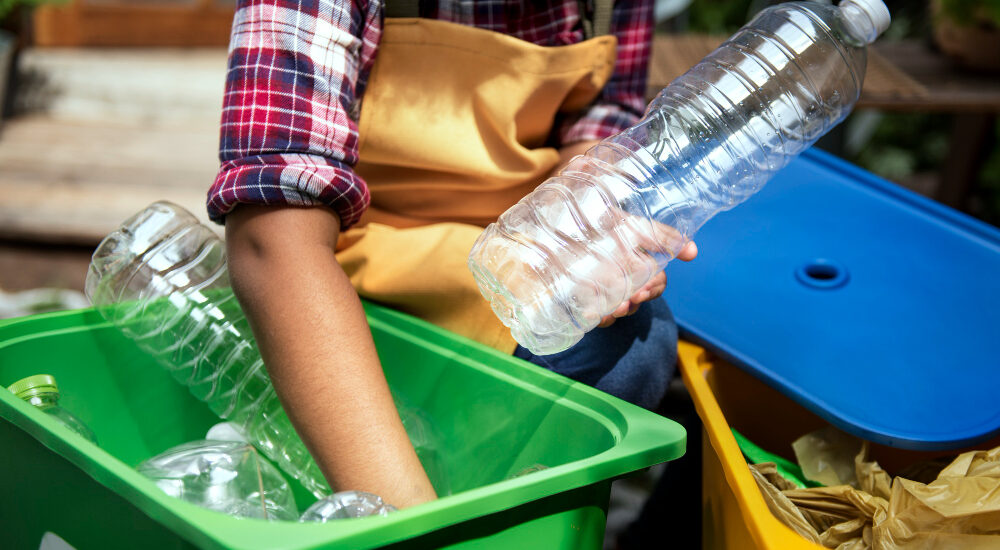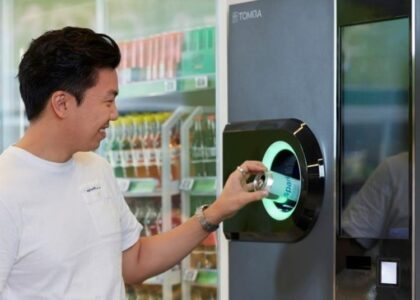Introduction
Every year, Telangana generates over 5.28 lakh tonnes of plastic waste, making it one of India’s largest contributors to plastic pollution. Overflowing landfills, choked urban drains, and littered rural landscapes are stark reminders of a crisis that demands immediate action. But in the midst of this growing concern, the GreenSip initiative by HR Group is emerging as a powerful solution, turning plastic waste into an opportunity for environmental revival and socio-economic growth.
Understanding the Scope of Telangana’s Plastic Problem
Telangana’s rapid urbanization, rising consumption, and lack of structured waste segregation systems have led to a ballooning plastic waste crisis. Hyderabad alone accounts for nearly 24% of the state’s plastic waste, much of which ends up in unauthorized dumping sites, posing severe threats to public health and biodiversity.
Moreover, rural areas and tourist hotspots like Warangal, Nagarjuna Sagar, and Kuntala Falls are witnessing increased plastic litter, threatening local ecosystems and tarnishing Telangana’s natural beauty. Without intervention, this could severely impact both the environment and local economies.
Enter GreenSip: A Sustainable Game Changer
Founded under the HR Group umbrella, GreenSip aims to revolutionize how Telangana manages its plastic waste. The project blends technology, community engagement, and eco-friendly solutions to build a circular economy—a system where waste is minimized, reused, and repurposed.
GreenSip’s approach is not just reactive; it’s proactive and preventive. Here’s how:
● Reverse Vending Machines (RVMs): Installed in malls, temples, and public spaces, these machines allow users to deposit plastic bottles and receive rewards like coupons
or UPI credits—creating a culture of recycling.
● Rural Employment: The initiative creates jobs by training women to work in plastic recycling units, supporting Telangana’s push for inclusive growth. Community at the Core What sets GreenSip apart is its commitment to inclusive sustainability. By working with local panchayats, SHGs (Self-Help Groups), and NGOs, the initiative has already started building micro-networks of waste collection and recycling. Women in Nalgonda and Khammam are now managing local recycling centers, earning stable incomes while contributing to environmental health. GreenSip also collaborates with schools and colleges, running awareness programs, clean-up drives, and app demonstrations to involve youth in the green revolution. A Vision Beyond Waste Management GreenSip doesn’t stop at recycling. It’s innovating with biodegradable alternatives like bamboo bottles and sugarcane-based packaging—products that are stylish, durable, and eco-friendly. These alternatives are showcased at exhibitions and sold through local networks, further generating income and reducing plastic dependence. Through its eco-product line, GreenSip promotes low-carbon consumer choices, aligning with India’s broader goals for sustainable development and climate resilience. Conclusion: A Greener Telangana Starts With Us Telangana’s plastic crisis is real, but so is the solution. GreenSip is not just a program—it’s a movement. By integrating technology, community, and sustainability, it offers a scalable, inclusive model for tackling one of the state’s most urgent challenges.
● Eco-App for Plastic Tracking: The GreenSip mobile app tracks user recycling habits, provides eco-points, and promotes behavioral change through gamification and rewards.
● Plastic-Free Tourist Zones: Targeted interventions in high-footfall areas reduce litter and raise awareness through signage, clean-up drives, and kiosk placements.



